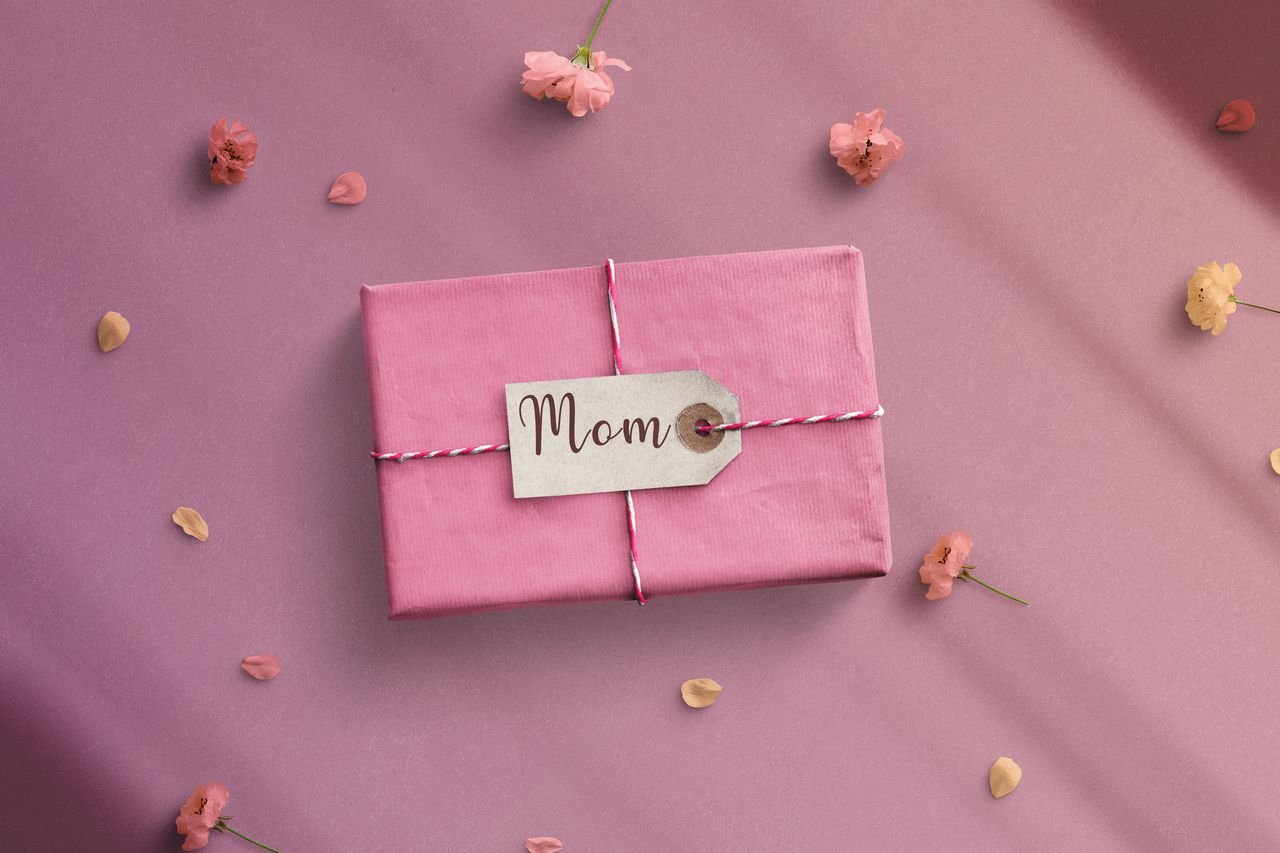Beth Thames: Mother’s Day story without a happy Hallmark ending
This is an opinion column
Over twenty years of teaching freshman composition at a community college, I read hundreds of papers. A few, a very few, stood out. It’s not because they were technically perfect but because their themes were universal. And one paper just broke my heart with its message of pain, struggle, and forgiveness.
It was in answer to a question I’d written on the board at the end of a long semester of expository essays. We were approaching Mother’s Day. The question was, “What’s the best advice your mother ever gave you?”
This was a narrative paper. it should tell a story. It should be descriptive. We—the readers—should feel we are right there in the life of the writer.
I’ve written about this before. It’s stuck with me. It’s a Mother’s Day story without a happy Hallmark ending. They don’t make cards about this kind of mothering, but maybe they should so children-even adult children—won’t feel so alone.
This student writer grew up in a Midwest farming family, but the farm had long been fallow. The father came and went with his construction jobs and the mother stayed right there, mostly on the couch and sometimes on the floor.
She didn’t give advice, my student wrote, she gave orders: “Bring the bottle. Bring some food.”
If the children weren’t quick enough, it was “Bring the belt.”
After the father left for the last time, the children ran the household, which meant my student took the “welfare cereal,” as she called it, to the breakfast table each morning so her siblings could eat something before free lunch at school. After that, there would be nothing until the next day.
The school bus was a rescue vehicle that took the children away for seven hours a day. My student wrote that she loved library time and it there that she first read the phrase “Mother Nature,” which sounded to her like a comforting idea—even if you didn’t have a mother at home, you had one outside, everywhere—in the sky and the clouds and even in the dirt on the ground.
So she and Mother Nature became friends each day after school. She’d climb into the arms of a tree at the edge of the field and sit there long enough to feel the embrace of the branches. It wasn’t a human hug, but it was close enough. She’d listen to the babble of a creek. It wasn’t human language, but it was constant and it was comforting.
In families like this, the kids leave home as soon as they can. So they all did. My student moved away, found work, got married, and started her own adult life. Her brother called to say their mother was very sick and in the hospital back home. He had no intention of going to her bedside to say goodbye.
Why didn’t she do it?
There were many reasons not to, but she did it, anyway. She wrote about sitting in the hard chair next to her mother’s bed, where hospital staff came and went and machines beeped all through the night. At one point, she held her mother’s hand and said, “I forgive you,” even though her mother hadn’t asked her to or even spoken a word.
After her mother’s death, my student went back to her own life and tried to be a good mother to her own children. They loved nature, too, and sat with her under the trees at the end of the day. She ended her essay there, and when she read it aloud to the class, everybody clapped.
Contact Beth Thames at [email protected]
